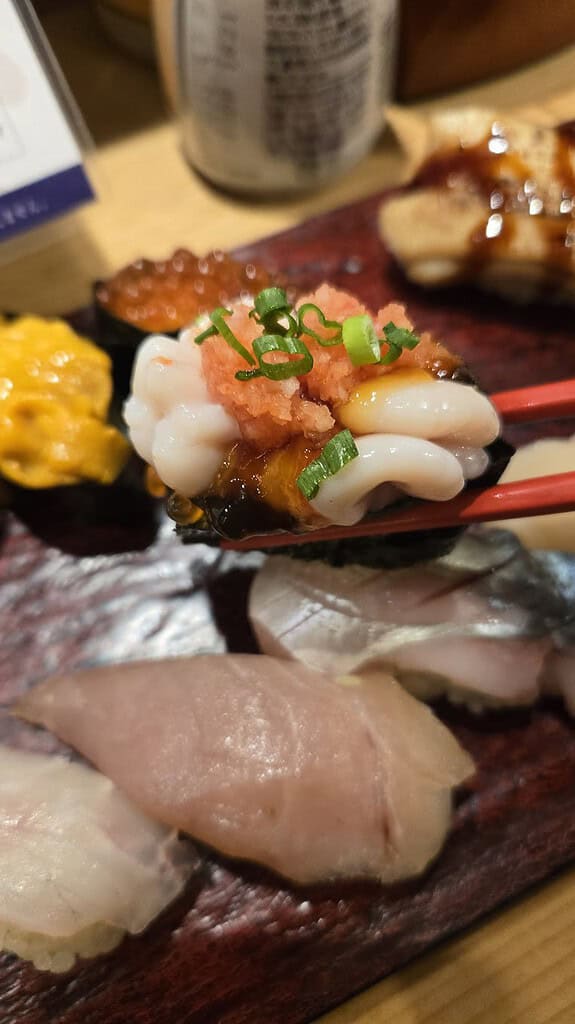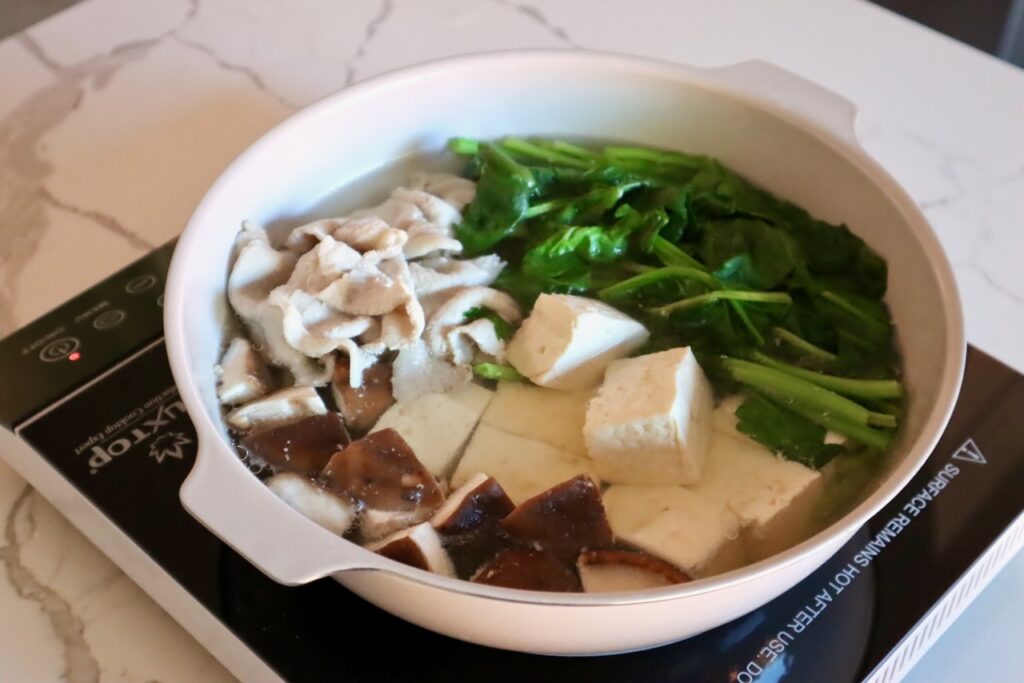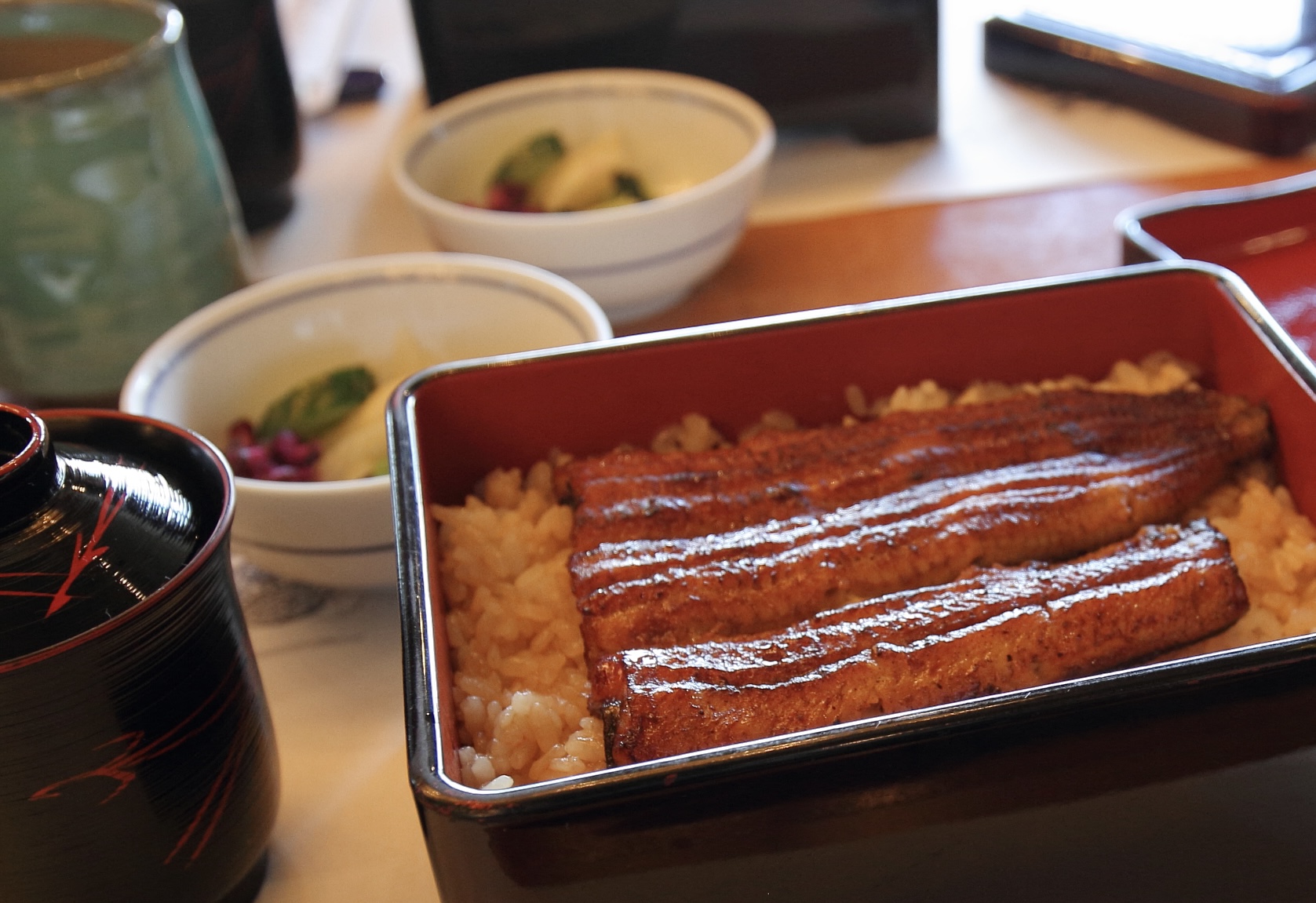In corporate gatherings, food is more than just a meal; it’s an experience that can foster relationships, spark conversations, and leave a lasting impression on your guests. With its unique combination of flavors, textures, and presentation, Japanese cuisine serves as the perfect culinary cornerstone for such events. Introducing this exquisite cuisine can elevate any corporate gathering to a new level, whether it’s a formal meeting, a team-building retreat, or a festive celebration. Here’s why you should consider Japanese cuisine for your next corporate gathering.
Culinary Elegance of Japanese Cuisine
Each dish is meticulously crafted to create an impressive visual display, transforming dining into an art form. This dedication to the aesthetic delights the eye and sets the tone for a sophisticated gathering. When guests are treated to beautifully arranged sushi, sashimi, or bento boxes, it elevates the overall experience and communicates a sense of care and thoughtfulness.
The variety of Japanese dishes offers a range of flavors, from savory to sweet, catering to different tastes and encouraging guests to try something new. For memorable events, the role of food becomes crucial, and with options available through Corporate Catering Philadelphia, curating an unforgettable culinary experience becomes effortless. The vibrant colors and artistic plating of Japanese dishes enhance the dining experience, making it easy to create a memorable meal for any event.
Healthy Options
In today’s health-conscious environment, many corporate gatherings seek a menu that caters to wellness. Japanese cuisine excels in this area, often featuring fresh seafood, seasonal vegetables, whole grains, and minimal use of heavy sauces. Traditional dishes like sushi and sashimi emphasize the use of raw fish, providing guests with a source of protein that is not only delicious but also aligns with healthy eating habits.

The inclusion of ingredients like miso, seaweed, and tofu further enhances the nutritional profile of the meal. This focus on health-conscious choices can rejuvenate attendees, keeping them alert and engaged during meetings or events. By selecting a Japanese menu, you’re not just feeding your guests; you’re also supporting their well-being, which can lead to more productive interactions and discussions.
Interactive Dining Experience
Japanese cuisine often includes elements that allow for interactive dining experiences, such as sushi-making stations or teppanyaki. These engaging formats can transform a typical meal into a bonding experience, fostering teamwork among colleagues. Guests of all backgrounds can participate, whether seasoned chefs or first-timers, creating a relaxed and enjoyable environment that encourages conversation.
This dining style fosters camaraderie as guests share stories and laughter while cooking. It makes corporate events more memorable by encouraging connections that wouldn’t happen in a traditional setting. An interactive food experience enhances the atmosphere and promotes stronger bonds among employees and clients.
Cultural Exploration
Japanese cuisine is not just about food; it is a window into Japan’s rich culture and traditions. Introducing this cuisine during corporate gatherings allows guests to engage with a different cultural experience. This can particularly promote curiosity and appreciation for diversity within a team or organization.
Incorporating details about the dishes’ origins can enhance the dining experience. Guests not only enjoy the meal but also learn about another culture. This celebration of diversity aligns with corporate values of inclusion, making Japanese cuisine a great choice for your event. Japanese cuisine offers refinement, health-conscious options, and interactive dining that can elevate corporate events. A well-planned menu enhances the experience and fosters stronger employee and client connections. This creates lasting impressions and sets a high standard for future gatherings.

 1 month ago
13
1 month ago
13










 English (US) ·
English (US) ·